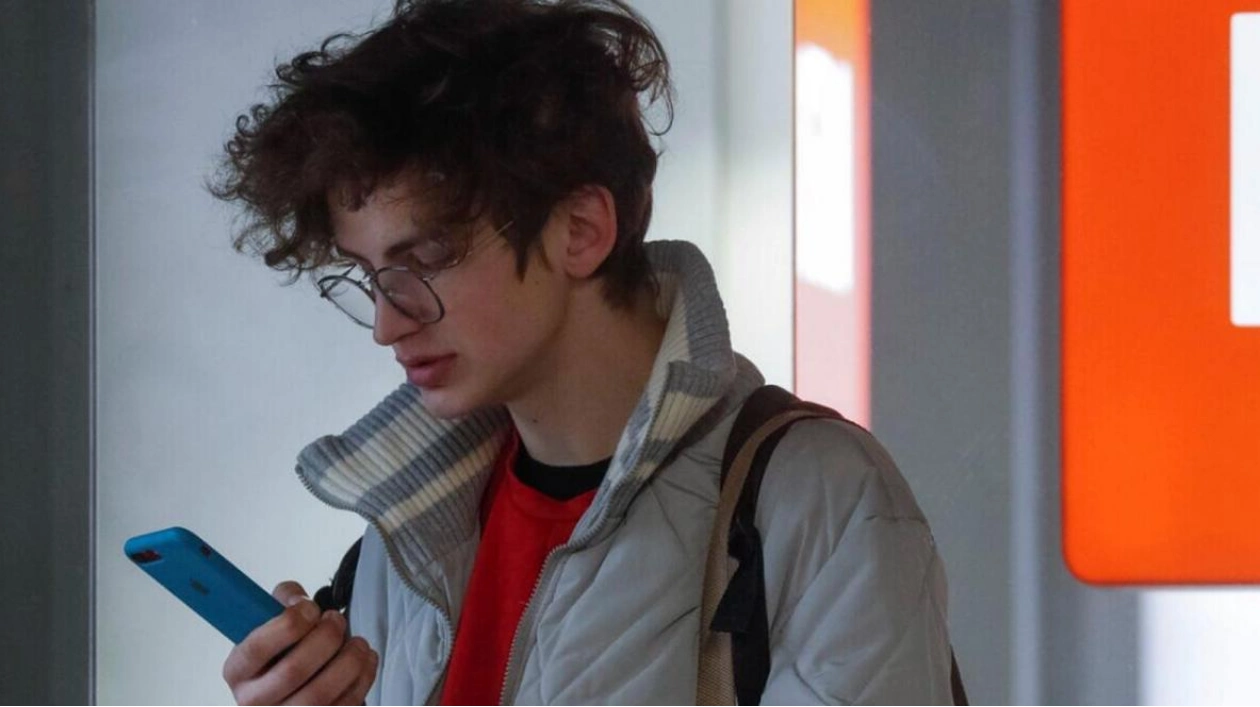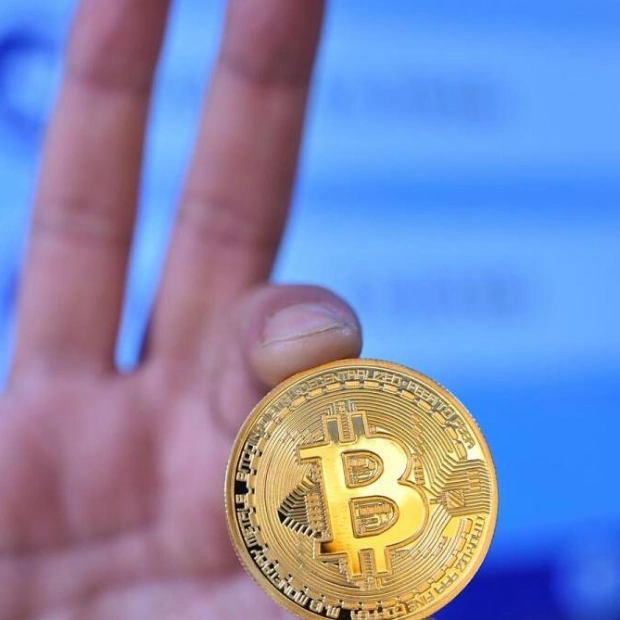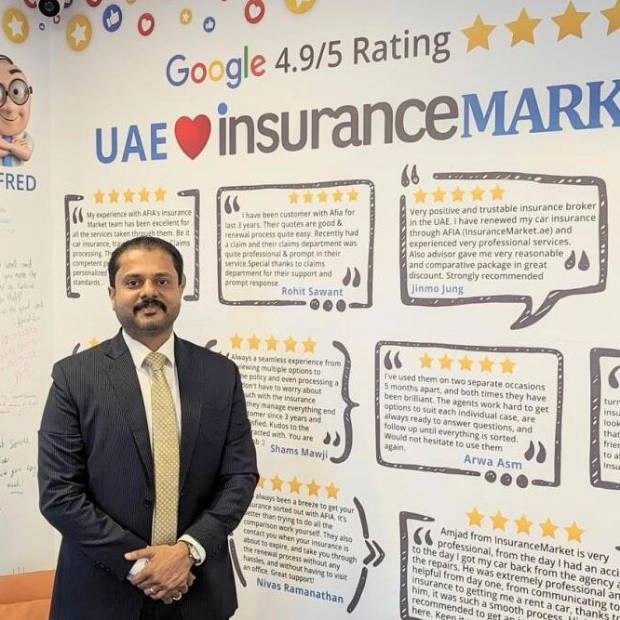Over the last ten years, there has been a rise in the number of teenagers needing glasses due to heavy reliance on digital devices. Doctors attribute this trend to the excessive use of digital devices and limited exposure to natural light, which are key contributors to the onset of myopia or nearsightedness among teenagers, as reported to Khaleej Times.
"We are seeing more teenagers and younger children needing glasses. The number of children aged 13 to 16 requiring glasses has doubled over the past decade," stated Dr. Julia Sempere Matarredona, an ophthalmologist at Barraquer Eye Hospital UAE. Dr. Matarredona links this surge primarily to the development of myopia related to excessive screen time. She highlighted that although myopia can be hereditary, environmental factors like prolonged close-up work and excessive device usage accelerate its progression.
The World Health Organisation (WHO) suggests limiting screen time for children and young adults to no more than two hours daily outside of school hours. Prolonged screen exposure can strain the eyes, reduce blinking, cause dry eyes, and lead to poor posture, Dr. Matarredona explained. She also noted that artificial blue light from screens can disrupt sleep patterns and cause visual discomfort.
Dr. Rajeev Kumar, an ophthalmologist at Zulekha Hospital in Sharjah, discussed the multifaceted impact of prolonged screen time on eye health. He mentioned that it can result in digital eye strain, increased myopia risk, and sleep disturbances. Common symptoms include eye discomfort and vision issues from extended device use, and computer vision syndrome, which is characterized by eye discomfort and visual disturbances.
To combat these issues, Dr. Kumar recommended adhering to the 20-20-20 rule: every 20 minutes, take a 20-second break to look at something 20 feet away. He also advised adjusting screen settings, using proper lighting, blinking frequently, and exercising the eyes regularly to reduce strain. Additionally, using antireflective coatings on glasses can help minimize glare from screens and overhead lighting.
Dr. Matarredona suggested avoiding screen exposure at least one hour before bedtime to prevent sleep disruption and recommended spending at least an hour outdoors daily to reduce the risk of myopia. She emphasized the importance of a healthy diet and adequate sleep.
Both experts concurred on the effectiveness of corrective measures such as glasses. Dr. Kumar noted that while glasses are effective in addressing screen-related vision issues, their effectiveness can vary. Dr. Matarredona added that corrective eyewear is "completely effective and necessary. Contact lenses can be useful, but glasses are generally preferred for children due to their simplicity and ease of use."
The experts also stressed the importance of regular eye examinations for managing and preventing vision problems. Dr. Kumar highlighted that a comprehensive eye examination for teenagers should include a vision test, refraction, binocular vision testing, and a slit lamp examination. Dr. Matarredona added that visual exams should be mandatory, including a complete eye study, measurement of visual acuity, refraction, pupil dilation, and annual check-ups.
As screen time remains integral to daily life, experts advise parents and teenagers to prioritize eye health. Implementing preventive measures and ensuring regular eye exams can help mitigate the negative effects of excessive screen use and protect long-term vision health.






